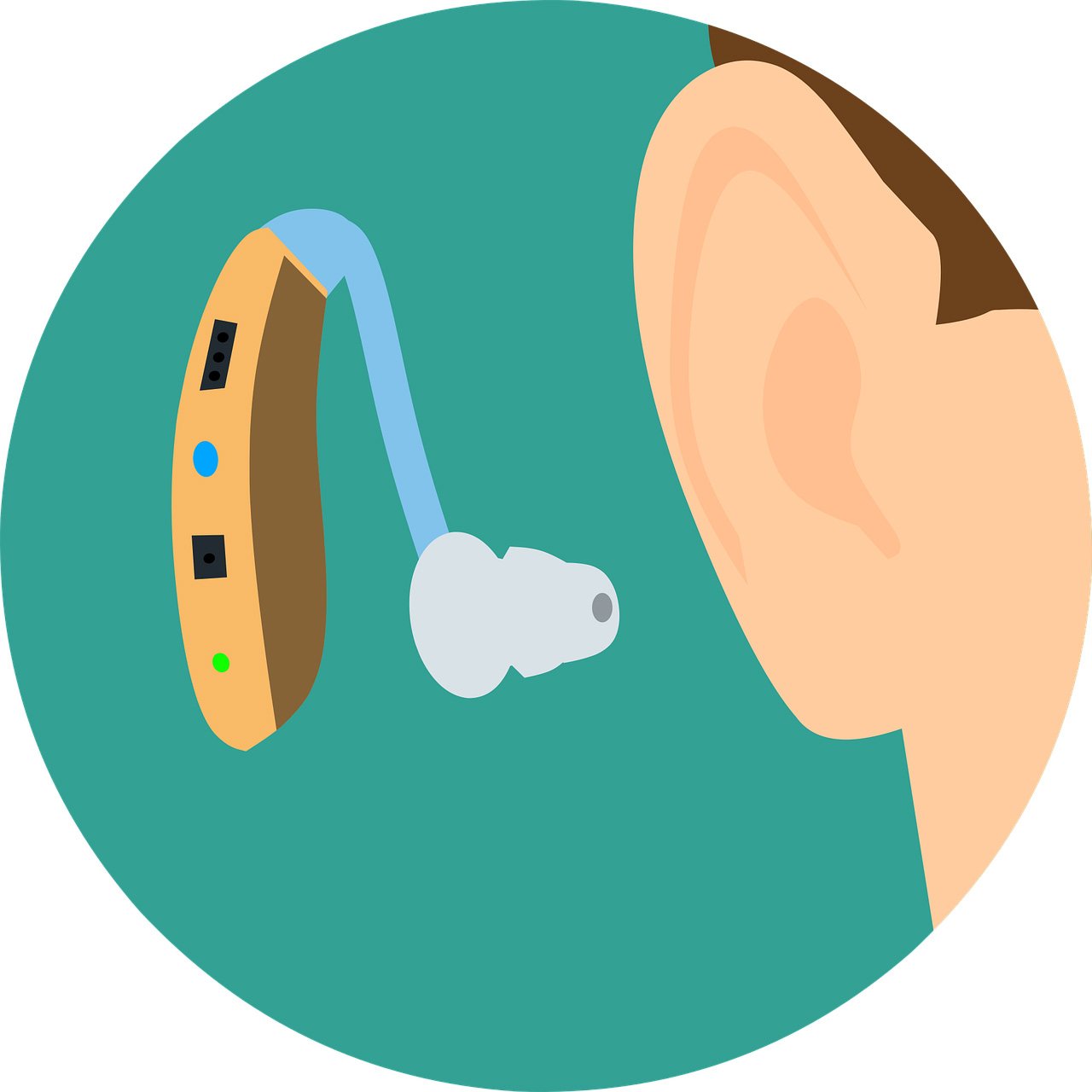Graham Naylor is a Professor of Hearing Sciences (@UoNHearSci) in the School of Medicine at the University of Nottingham, where he conducts research in relationships between hearing loss, cognition and behaviour, as well as hearing rehabilitation. Dr Gabrielle Saunders is a Senior Research Fellow at the Manchester Centre for Audiology and Deafness at the University of Manchester, and is affiliated with the VA Rehabilitation R&D National Center for Rehabilitative Auditory Research in Portland, Oregon. Their article Dementia and hearing-aid use: a two-way street was recently published in Age and Ageing.
The publication of the Lancet Commission Report on Dementia prevention, intervention, and care in 2017 brought hearing loss into the spotlight as a leading potentially modifiable risk factor for late-life dementia. How hearing loss can accelerate decline into dementia remains unresolved, but if the use of hearing devices (hearing aids, cochlear implants) protects against that decline, then this would be a strong argument for earlier and more widespread screening of hearing and provision of hearing devices. This possibility has evoked much hype in the hearing device industry, among audiologists, and in the field of dementia research. Furthermore, newspaper and magazine articles have made the general public aware of this too, which has led to the potentially misleading message ‘get hearing aids to prevent dementia’. So, it is critical that the relationships between dementia and hearing-aid use be disentangled.
As yet, no robust and well-powered randomised controlled trial has been completed to test the idea, and most evidence is either cross-sectional rather than longitudinal, or poorly controlled. An especially important confounding factor resides in the fact that people who are on a path of cognitive decline will sometimes find hearing device use and maintenance burdensome, and thus stop using the devices. This generates a correlation between device use and dementia that may be indistinguishable from that generated by a protective effect of hearing device use.
New research, supported by the Medical Research Council, the National Institute for Health and Care Research, and the US Department of Veterans Affairs, and published in Age & Ageing, has shown that both of these mechanisms probably coexist. The results highlight the need for caution in interpreting cross-sectional studies of associations between hearing-aid use and dementia incidence. They also show that any protective effect of hearing-aid use against dementia will not be fully realised unless the devices and associated care processes are themselves ‘dementia-friendly’.
The study sampled 380,794 US veterans aged 60+ who had obtained hearing aids in 2012-2014, and analysed their longitudinal electronic healthcare records from 2007 up to 2017, thus accessing aspects of health before and after treatment for hearing loss. Uniquely, longitudinal records of battery orders were used as markers of long-term persistent hearing-aid use.
Selecting only those patients without diagnoses of dementia or mild cognitive impairment (i.e. cognitively healthy individuals) prior to hearing-aid fitting, and splitting them according to whether they remained persistent users over two years later, it was shown that persistent hearing-aid use reduced the odds of receiving a dementia diagnosis 3.5-5 years later by about 27%.
Additionally, when comparing patients who had a dementia diagnosis prior to their hearing-aid fitting against those who remained cognitively healthy throughout the 11-year period for which data was available, it was shown that those with pre-existing dementia had 54% reduced odds of being persistent hearing-aid users 3+ years after being receiving their hearing aids.
This is the first study to combine longitudinal data regarding dementia diagnoses with continuous assessment of hearing-aid use in a large patient sample. The bottom line is that untreated hearing problems did indeed increase the risk of dementia, but that cognitive impairment was a factor in the discontinuation of hearing-aid use. This raises the prospect of a vicious circle of untreated hearing loss and cognitive decline. Future research investigating this must account for the effects of cognitive decline itself on continued hearing-aid use. In a clinical context, any protective effect of hearing-aid use against dementia will only be fully achieved if devices and care processes are usable by and accessible to the target population.
You can read the full paper in Age and Ageing below:
'Dementia and hearing-aid use: a two-way street'
